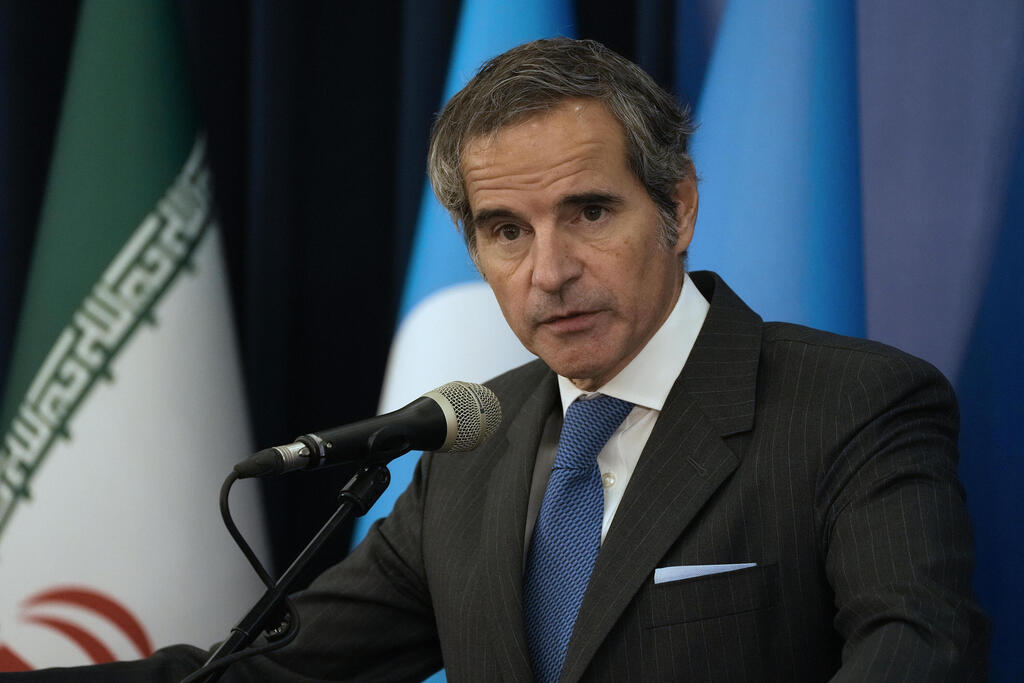The United States and Israel are seeking to turn nuclear talks into a "strategic trap" for Iran, Iranian lawmakers said in a statement on Tuesday, days before a planned sixth round of Iran-U.S. nuclear talks.
Iran and the United States are set to resume indirect negotiations over Tehran’s nuclear program Sunday in the Omani capital, Muscat, Iran’s Foreign Ministry announced Tuesday. The meeting comes amid mounting pressure from Western nations at the International Atomic Energy Agency (IAEA) over Iran’s lack of cooperation with nuclear inspectors.
Foreign Ministry spokesman Esmaeil Baqaei said Iranian Foreign Minister Abbas Araghchi, who is also Tehran’s chief nuclear negotiator, will first visit Norway on Wednesday and Thursday. Former U.S. President Donald Trump previously said the meeting would occur Thursday.
The talks mark a critical moment as the IAEA’s Board of Governors is expected to consider a formal censure of Iran for failing to meet its inspection obligations. Such a resolution could advance the issue to the U.N. Security Council and trigger “snapback” sanctions — the reimposition of penalties lifted under the 2015 nuclear deal.
That accord, brokered under President Barack Obama, saw Iran agree to strict limits on uranium enrichment in exchange for economic relief. But the deal unraveled after Trump unilaterally withdrew in 2018, arguing it failed to curb Iran’s missile program or regional influence. Since then, Iran has enriched uranium up to 60% purity — just below weapons-grade — and restricted access for IAEA inspectors.
Get the Ynetnews app on your smartphone: Google Play: https://bit.ly/4eJ37pE | Apple App Store: https://bit.ly/3ZL7iNv
The IAEA, often described as the U.N.’s nuclear watchdog, has struggled to regain full oversight, including access to surveillance cameras and data from key sites. Analysts say Tehran is leveraging its nuclear program as a bargaining chip, while keeping inspectors in the country to avoid full diplomatic isolation.
A successful outcome in Oman could ease tensions and delay potential military action by the U.S. or Israel, which has carried out covert strikes against Iran’s nuclear infrastructure in the past. However, failure to reach a deal may push Iran closer to weapons capability and heighten the risk of broader conflict.
The talks are being mediated by Oman, which has hosted five previous rounds. Gulf Arab states, once opposed to diplomacy with Iran, now cautiously support renewed engagement to prevent further regional destabilization.
First published: 09:33, 06.10.25


